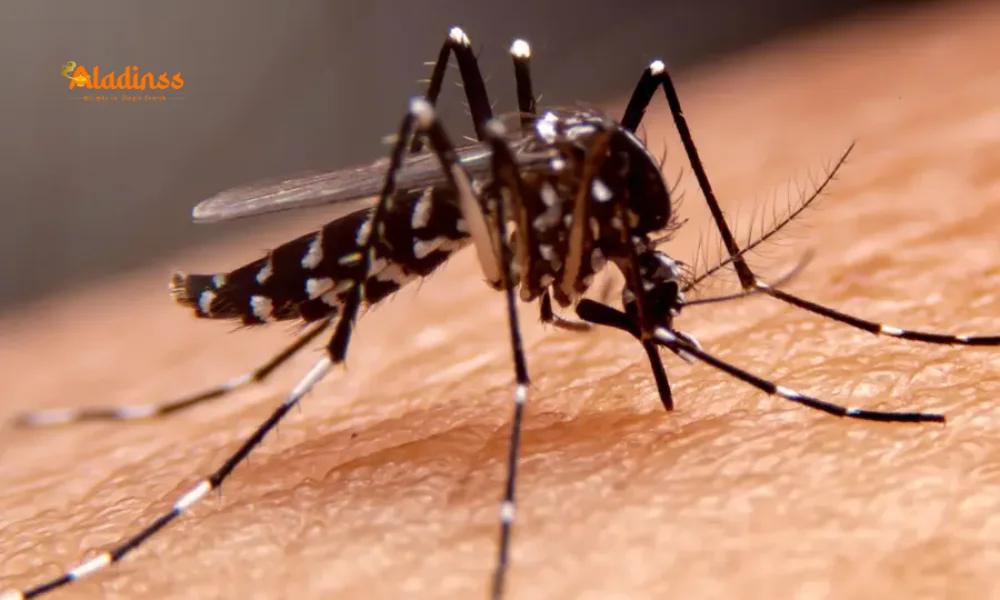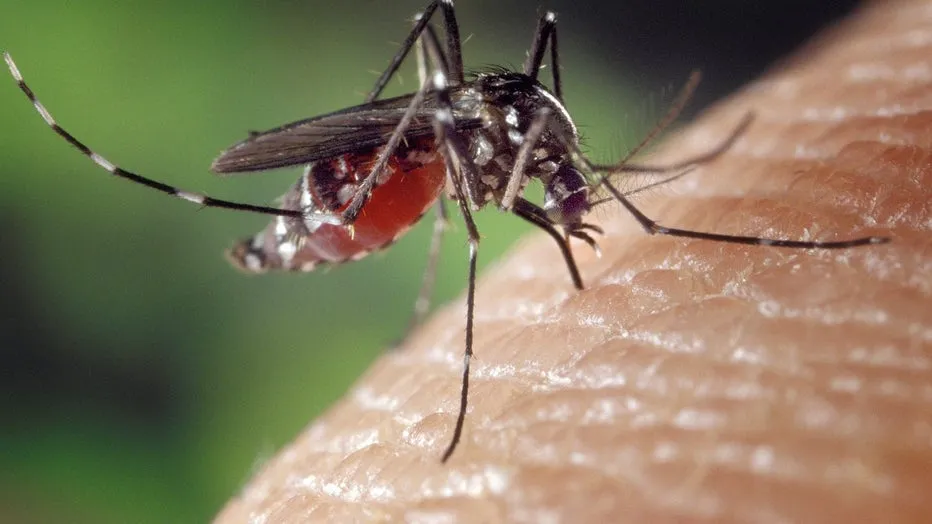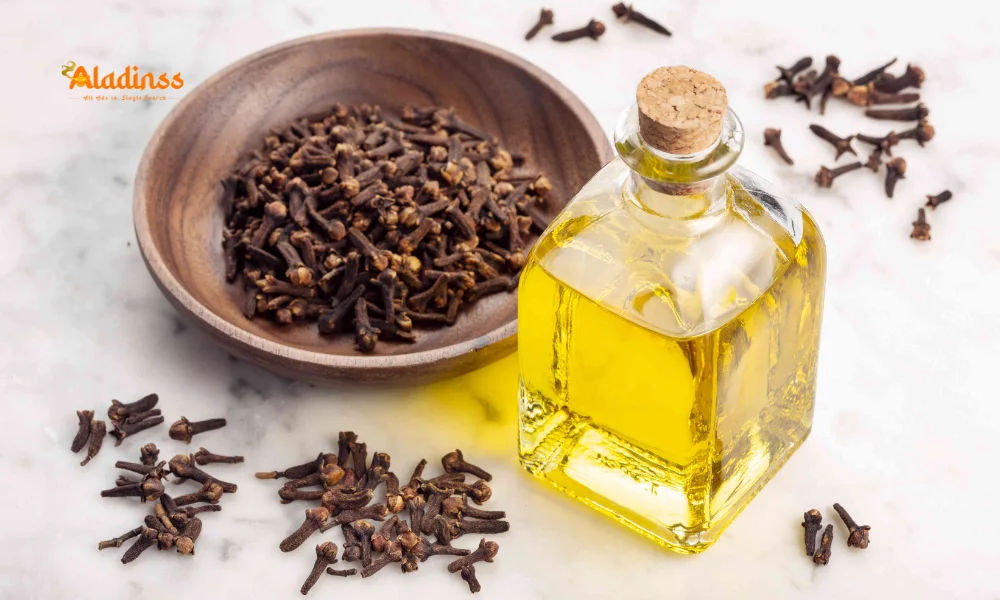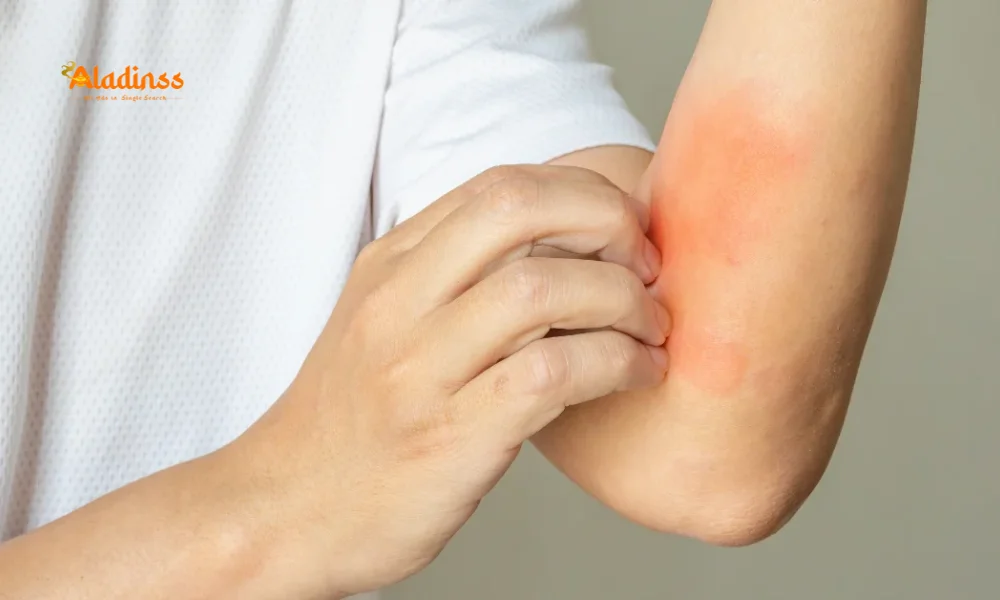Dengue in Tamil Nadu 2025: Prevention & Symptoms

Dengue Surge in Tamil Nadu 2025: Expert Guide to Symptoms, Prevention, and Treatment

As monsoon rains lash Tamil Nadu, dengue fever cases have skyrocketed to 16,546 in 2025 alone, with reports of up to eight fatalities, prompting urgent calls from Public Health Minister M. Subramanian for robust prevention measures. This viral illness, spread by Aedes aegypti mosquitoes carrying DENV-1 to DENV-4 strains, thrives in stagnant water pools, turning routine downpours into health hazards. Public health expert Dr. Arshad Akhil stresses that while no specific cure exists, early vigilance through dengue symptoms recognition and dengue prevention can avert severe outcomes like internal bleeding.
The spike aligns with seasonal patterns, where humidity and flooding create mosquito breeding grounds in urban slums and rural puddles alike. Health officials are deploying fogging teams and awareness drives, but individual actions remain pivotal. From high fever to excruciating joint pain, understanding dengue treatment basics-rest, hydration, and medical oversight-empowers communities to combat this preventable scourge.
Dr. Akhil, drawing from frontline experience, underscores that dengue isn't age-discriminatory, affecting infants to elders. With cases concentrated in Chennai and Coimbatore, proactive steps like eliminating water stagnation could slash transmission by 70%, per WHO estimates. As Tamil Nadu ramps up surveillance, residents must prioritize these dengue prevention tips to safeguard families.
Unraveling the Causes: How Dengue Fever Spreads in Monsoon-Hit Tamil Nadu
Dengue fever emerges from a flavivirus transmitted exclusively by the bite of infected Aedes mosquitoes, predominantly Aedes aegypti, which breed in clean, stagnant water like flower pots, discarded tires, and rooftop containers. In Tamil Nadu's 2025 monsoon, erratic rainfall has amplified this, with larvae maturing in just seven days under warm conditions. Unlike malaria's Anopheles, Aedes are daytime biters, striking during peak activity hours from dawn to dusk.
The virus has four serotypes-DENV-1 through DENV-4-each capable of causing infection, and secondary exposures to different strains heighten severe dengue risks via antibody-dependent enhancement. Urbanization exacerbates spread: Chennai's dense alleys and Coimbatore's industrial zones report 40% of cases, fueled by poor drainage. Climate shifts, with prolonged monsoons, have extended breeding seasons, making aedes mosquito control a year-round imperative.
Globally, dengue affects 400 million annually, but in India, Tamil Nadu's 16,546 cases mark a 25% rise from 2024, per state data. Vector surveillance reveals Aedes indices exceeding 5% in hotspots, triggering alerts. Understanding this cycle-egg to adult in under two weeks-highlights why immediate source reduction trumps reactive measures.
Recognizing Dengue Symptoms: From Mild Fever to Severe Warning Signs
Initial dengue symptoms mimic flu, onset 4-10 days post-bite: sudden high fever up to 104°F, throbbing headaches behind the eyes, and rash-like red spots on skin. As it progresses, severe joint and muscle aches-earning the moniker "breakbone fever"-incapacitate patients, alongside nausea, vomiting, and abdominal cramps. Fatigue and weakness linger, sapping energy for days.
Critical phase hits days 3-7: plasma leakage causes fluid buildup, manifesting as swollen limbs or pleural effusions. Severe cases escalate to hemorrhagic fever-gums bleeding, black stools-or shock syndrome with plummeting platelets below 100,000/μL. In Tamil Nadu's outbreak, 10% progressed to DSS, per hospital logs, underscoring monitoring's necessity.
- High fever: Persistent 102-105°F, unresponsive to paracetamol.
- Headache and retro-orbital pain: Intense, light-sensitive discomfort.
- Skin rash: Maculopapular, itchy eruptions on trunk and limbs.
- Musculoskeletal pain: Debilitating aches in bones and joints.
- Gastrointestinal issues: Vomiting, diarrhea, epigastric pain signaling severity.
- Warning signs: Severe abdominal pain, persistent vomiting, mucosal bleeds, lethargy-seek ER immediately.
Children often present subtly, mistaking symptoms for viral fevers, delaying care. NS1 antigen tests confirm within five days, while IgM serology tracks immunity. Awareness campaigns in Tamil Nadu schools now include symptom charts, boosting early reporting by 30%.
Dengue Treatment Protocols: Managing Symptoms Without a Cure
No antiviral targets dengue directly; dengue treatment revolves around supportive care to mitigate symptoms and prevent complications. Mild cases resolve with oral rehydration-ORS solutions restoring electrolytes amid fever-induced losses. Paracetamol controls temperature and pain; avoid NSAIDs like ibuprofen, which exacerbate bleeding risks.
Hospitalization flags for severe dengue: IV fluids combat shock, blood transfusions address thrombocytopenia. Platelet counts below 20,000 warrant vigilance, though routine transfusion isn't advised unless bleeding occurs. In Tamil Nadu's 2025 surge, 15% required admission, with plasma therapy trialed in trials showing 20% faster recovery.
Recovery spans 1-2 weeks, with convalescent rash marking immunity to that serotype. Nutrition-vitamin-rich fruits, light broths-bolsters rebound. Follow-up tests ensure no lingering organ damage, like hepatitis. Emerging vaccines like Dengvaxia offer partial protection for seropositive adults, rolled out selectively in high-burden areas.
Who Is at Risk? Dengue's Indiscriminate Threat Across Ages
Dengue spares no demographic: infants face higher mortality from shock, while elders succumb to comorbidities like diabetes. In Tamil Nadu, children under 15 comprise 45% of cases, their immature immunity prolonging viremia. Pregnant women risk fetal transmission, with microcephaly reported in outbreaks.
Travelers from non-endemic zones suffer worst upon secondary infection, as naive immunity amplifies severity. Urban poor, lacking screens or repellents, bear 60% burden. Dr. Akhil notes asthmatics and hypertensives need extra caution, as dehydration worsens baselines. Community-wide protection hinges on collective vigilance.
Essential Dengue Prevention Tips: Breaking the Mosquito Cycle
Foremost in dengue prevention tamil nadu is source reduction: empty water holders weekly, cover storage tanks, and deploy temephos larvicides in unavoidable puddles. Personal shields-DEET repellents (30% concentration), long sleeves, and bed nets-cut bites by 80%. Community clean-ups, like Chennai's weekly drives, have curbed indices district-wide.
Fogging with pyrethroids targets adults, but resistance looms; biological controls like Gambusia fish in drains offer eco-friendly alternatives. Schools mandate uniforms covering limbs, while apps track breeding spots via citizen reports. Avoid self-medicating fevers-consult clinics for NS1/PCR confirmation.
- Eliminate stagnant water: Tip out vases, clean gutters bi-weekly.
- Use repellents: Apply on exposed skin, reapply every 4-6 hours.
- Install screens: Mesh doors/windows block entry.
- Boost immunity: Hydrate, eat citrus for vitamin C.
- Report hotspots: Alert local health workers for intervention.
- Vaccinate if eligible: CYD-TDV for ages 9-45 in endemic zones.
Government's Integrated Vector Management-₹50 crore allocation for 2025-includes drone surveillance and bio-agents, aiming zero deaths. Public-private partnerships with NGOs amplify outreach, educating 1 million households.
Tamil Nadu's Response: From Surveillance to Community Empowerment
Minister Subramanian's October 12 directive deploys 5,000 health workers for door-to-door checks, with fever camps screening 100,000 weekly. AIIMS collaborations introduce rapid diagnostics, reducing turnaround to hours. Fatality probes reveal delays in care; now, toll-free helplines triage symptoms 24/7.
Inter-district transfers via ambulances ensure specialized care, while awareness jingles on FM radio reach rural Tamil. Economic ripple-lost wages from 7-day absences-prompts insurance tie-ups covering dengue hospitalizations. As cases plateau post-peak, sustained efforts promise resilience against future waves.
In sum, dengue's 2025 toll in Tamil Nadu underscores prevention's primacy. By heeding Dr. Akhil's counsel-spot symptoms swiftly, treat supportively, prevent relentlessly-we reclaim monsoon joys from viral shadows. Stay vigilant; health is communal wealth.
Comment / Reply From
No comments yet. Be the first to comment!







